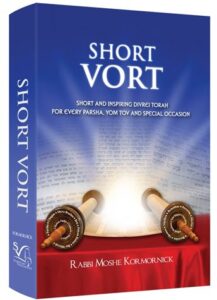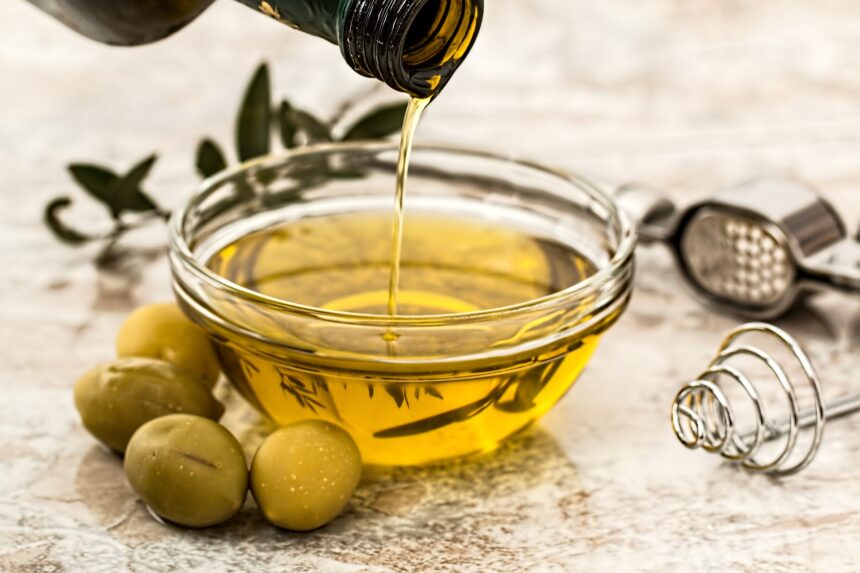
My Rebbe, Rabbi Shaya Cohen shlit”a, has a painting in his office that was drawn by a student of his. In this painting, Rabbi Cohen is wearing a tallis low over his forehead so that it covers his eyes. His eyes are not visible, but his gigantic smile is unavoidable. In his hands is a giant olive from which Rabbi Cohen is squeezing a giant drop of oil. The painting represents a discourse R’ Cohen once gave, but more importantly it represents his life’s mission. For decades, R’ Cohen has invested his time and energy into connecting young people to Torah. Many of his students were at one point disenfranchised and given up on by others. He is a master squeezer, committed to extracting the spiritual “oil” which can sometimes lie latent in some of the toughest “olives”.
The Midrash at the beginning of Parshas Tetzaveh seems peculiar. It quotes the verse in Yirmiyah 11:16 “A leafy olive-tree fair with goodly fruit, has the Lord called your name”. The Midrash explores why the Jewish people are specifically likened to the olive. The Midrash explains that extracting oil from an olive is an exhaustive process. First, while on the tree, the olives are selected. They are then harvested, beaten, put into a press, then into the grinding machinery where they are smashed and ground, beaten with heavy ropes and finally pounded with stones. So it is with the Jewish people, they are beaten and made to suffer immeasurably by the nations of the world. Finally, the pure oil is extracted, the Jewish people do teshuva and return to G-d.
The second Rebbe of the Sochatchov Hasidic dynasty, R’ Shmuel Bornsztain (1855 – 1926), known by his work Shem Mishmuel (published posthumously by his son), points out the peculiarity here. The Jewish people’s likeness to an olive is not a casual reference. Rather, “The Lord called [their] name olive” which connotes that being likened to an olive is special and endearing. Moreover, the olive represents our core identity, meaning the essence of the Jew is similar to that of an olive. With this in mind, the midrash seems odd. Is our essence defined by our reluctance to do teshuva? Will we only return to G-d when we experience unbearable suffering? How is this a term of endearment? Why is this our essence?
The Shem Mishmuel explains that we need to take a deeper look at the midrash. An olive is unique; its juice, the oil, is embedded deep in its rough exterior. After we pound the flesh of the olive, we are able to extract the oils. Those oils, however, have really been in the olive all along, they were just inaccessible. Similarly, explains the Shem Mishmuel, the character of a Jew is different. Every Jew “b’etzem heim tovim”, is at his core essentially good. When the Jew returns to G-d, he does not develop a new essence, there is no rebirth. Rather, we know his connection was always there, entrenched in the chaff, hidden by a roughened exterior.
The beauty of the Jew is that no matter how far he may stray, how hidden he may be, his sweet goodness is present. He may need help extracting the goodness, but, like the olive, the oil is ever present. As Rabbi Cohen is fond of saying, sometimes we can be thrown off by the exterior so we therefore need to cover our eyes with a tallis, but must never disregard the latent spiritual forces hidden in the depths of another Jew.

SHORT VORT, Rabbi Moshe Kormornick. Published by Adir Press. $9.99 in stores worldwide and online here
Whether you are looking for something meaningful on the Parsha, an uplifting thought for Yom Tov, or have been asked to speak at a Simcha – “Short Vort” is the book for you! With over 140 incredible short vorts packed with stories and valuable life messages, you will never be lost for something inspiring to say.
Rabbi Moshe Kormornick is a popular writer whose words are enjoyed by thousands of readers every week.










